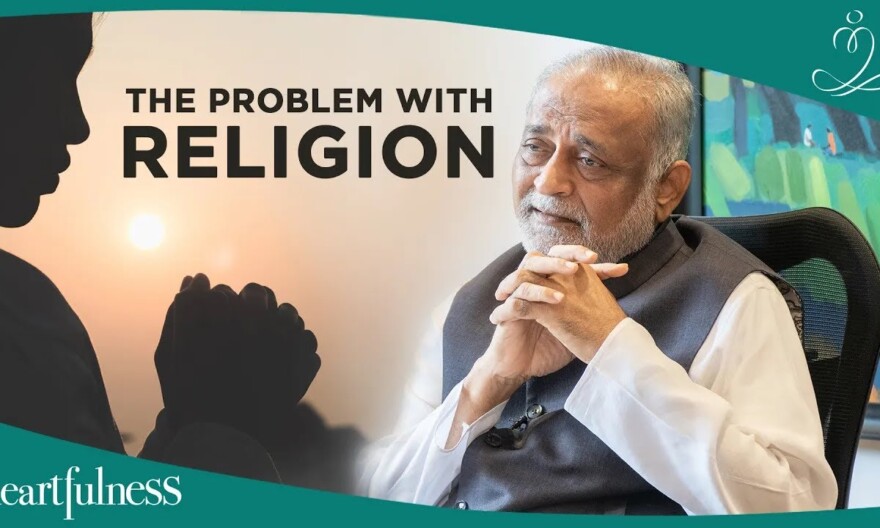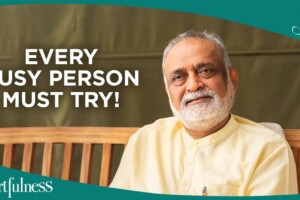
As I delve into the intricacies of the mysterious realm of faith, I find myself pondering the contrasting domains of religion and spirituality. As an avid seeker of knowledge and understanding, I have always been intrigued by the profound disparities between these two concepts. Join me on this profound journey as I untangle the labyrinthine conundrum that separates religion and spirituality – uncovering the essence of each, and exploring the soul-stirring distinctions that exist between them. In this post, I will guide you through a detailed discussion, shedding light upon the profound dissimilarities and elucidating the true essence of both religion and spirituality. So, grab a cup of tea, settle in, and let’s embark on this enlightening exploration together.
Introduction
In this article, I would like to discuss the intriguing topic of the difference between religion and spirituality. As someone who has always been fascinated by the diverse beliefs and practices found in different cultures and religions, it is essential to understand the nuances that set religion apart from spirituality. Let’s dive deeper into this subject and explore the distinct characteristics and experiences associated with both concepts.
Religion vs. Spirituality: Understanding the Differences
Heading 1: What Sets Religion Apart?
Religion plays a crucial role in the lives of millions around the world, providing a structured framework for worship, beliefs, and practices. Religions such as Christianity, Islam, Hinduism, Judaism, Buddhism, and many others guide individuals in their spiritual journey by offering specific teachings, rituals, and values. Here are a few key differences that distinguish religion from spirituality:
1.1 The Institutional Aspect: Religions often involve organized institutions such as churches, mosques, temples, and synagogues. These religious institutions act as a central hub for the community to come together and practice their shared beliefs.
1.2 Rituals and Sacred Texts: Religions have established rituals and ceremonies that are considered divine. These rituals may include prayer, meditation, fasting, baptism, and religious festivals. Sacred texts, such as the Bible, Quran, Vedas, or Torah, serve as guiding principles for followers.
1.3 Hierarchical Structures: Religions often have hierarchical structures, including leaders, priests, imams, rabbis, or monks, who act as intermediaries between individuals and their deity.
Heading 2: The Essence of Spirituality
Spirituality, on the other hand, refers to the personal connection and understanding of a higher power or divine force. It goes beyond the boundaries of religious institutions and can be explored through individual experiences and personal beliefs. Here are some aspects that highlight the essence of spirituality:
2.1 Personal Exploration: Spirituality encourages individuals to seek their own path in understanding the divine and finding meaning in life. It emphasizes personal experiences and growth over adherence to specific rituals or doctrines.
2.2 Universal Connection: Spirituality often transcends the boundaries of traditional religions and promotes the idea of unity among all beings. It recognizes that spiritual experiences can vary from person to person.
2.3 Inner Journey: Spirituality focuses on self-reflection, mindfulness, and contemplation. It involves practices such as meditation, deep breathing, and yoga to connect with the inner self and the divine.
Heading 3: Worship and Experiences of Divinity
Both religion and spirituality revolve around the idea of worship and the concept of divinity. Let’s delve into the differences between these two aspects:
3.1 Worship in Religion: In religion, worship often takes the form of organized rituals and ceremonies. It involves following prescribed practices, such as attending religious services, reciting prayers, or participating in sacraments. Worship in religion is often carried out collectively, reinforcing a sense of community.
3.2 Experiences of Divinity in Spirituality: Spirituality places more emphasis on personal experiences of divinity. It recognizes that individuals may have unique encounters with the divine, which can be deeply personal and transformative. These experiences may arise through meditation, moments of awe in nature, or other forms of spiritual practice.
Heading 4: The Significance of Religious Rituals
Religious rituals have been an integral part of faith traditions for millennia. They hold significant meaning and serve various purposes within religious communities. Let’s explore their significance:
4.1 Strengthening Community Bonds: Religious rituals bring people together, fostering a sense of belonging and community. Celebrating religious festivals, sharing meals, and participating in religious ceremonies create a cohesive bond among the faithful.
4.2 Spiritual Growth and Transformation: Rituals provide a structured way for individuals to connect with their faith and deepen their spiritual journey. These practices can instill a sense of discipline, devotion, and personal growth.
4.3 Symbolic Representations: Religious rituals often include symbolic actions or objects that represent deeper spiritual meanings. These symbols help convey abstract concepts and strengthen the connection between practitioners and their beliefs.
Conclusion
In conclusion, the difference between religion and spirituality lies in their approach to faith, practices, and experiences. Religion offers a structured framework, organized institutions, and rituals, while spirituality focuses on personal exploration, individual experiences, and a universal connection. Both religion and spirituality have their own unique significance and play an important role in guiding individuals on their spiritual paths.
FAQs After The Conclusion:
Q1: Can one be spiritual without being religious?
Q2: Are all religions spiritual in nature?
Q3: How does spirituality contribute to a person’s well-being?
Q4: Can a person practice multiple religions simultaneously?
Q5: Is it possible to be religious and spiritual at the same time?
Remember to book a free meditation session, subscribe to learn more about Heartfulness Meditation, download the Heartfulness App, and order “The Authentic Yoga” book on Amazon to further enhance your spiritual journey.





